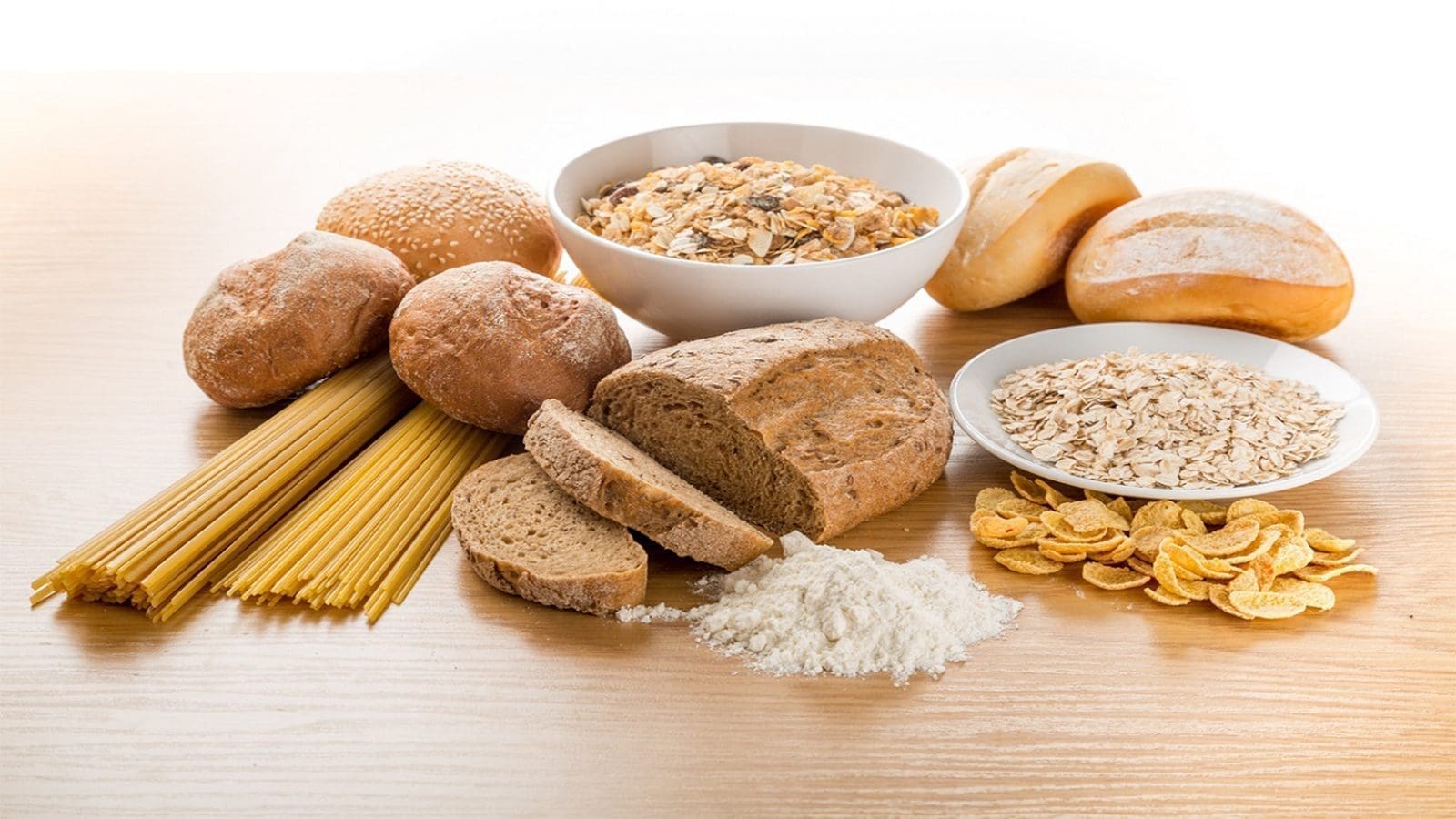SWEDEN – Livsmedelsverket, the Swedish Food Agency, has published a handbook to help the producers of drinking water develop a plan for ensuring the safety of their product during times of crisis and war.
The manual outlines the civil defense planning requirements that, according to the Swedish Food Agency, must serve as the foundation for preparedness strategies.
It includes templates and checklists in addition to information on security and crisis communication, how to construct a crisis and war organization, and how to identify risks in a drinking water area. There are seven modules in the manual.
The manual was created in cooperation with water providers, county governments, state agencies, and the trade association Swedish Water.
A draft of the manual was released in the fall of 2022, but the Swedish Food Agency has since released an updated, final edition in response to popular demand and requests for changes.
In addition to the manual, the government has started instructional tours for those in charge of making decisions about drinking water in an effort to spur action.
Overall, the Swedish drinking water supply has “fundamentally good crisis preparedness,” according to the Swedish Food Agency.
The manual and other attempts to ensure the safety of the nation’s drinking water are meant to assist with civil defense efforts and improve crisis readiness among water providers, reports Food Safety Magazine.
According to official statistics for 2018, compiled by the Swedish Board of Agriculture, in Sweden, people drink about 66 million litres of bottled water every year corresponding to 6.5 litres per person.
The manual is divided into seven modules with module four still under referral.
Module 1 talks about Crisis preparedness and total defense planning, Module 2 Threat picture and planning conditions, Module 3 Robust drinking water supply, Module 5 Management, cooperation, and crisis communication, Module 6 External actors and support resources, and Module 7 Training and practice.
A full composite publication will be posted after input from module four has been processed and incorporated into a final version.
For all the latest food safety news from Africa and the World, subscribe to our NEWSLETTER, follow us on Twitter and LinkedIn, like us on Facebook and subscribe to our YouTube channel.








